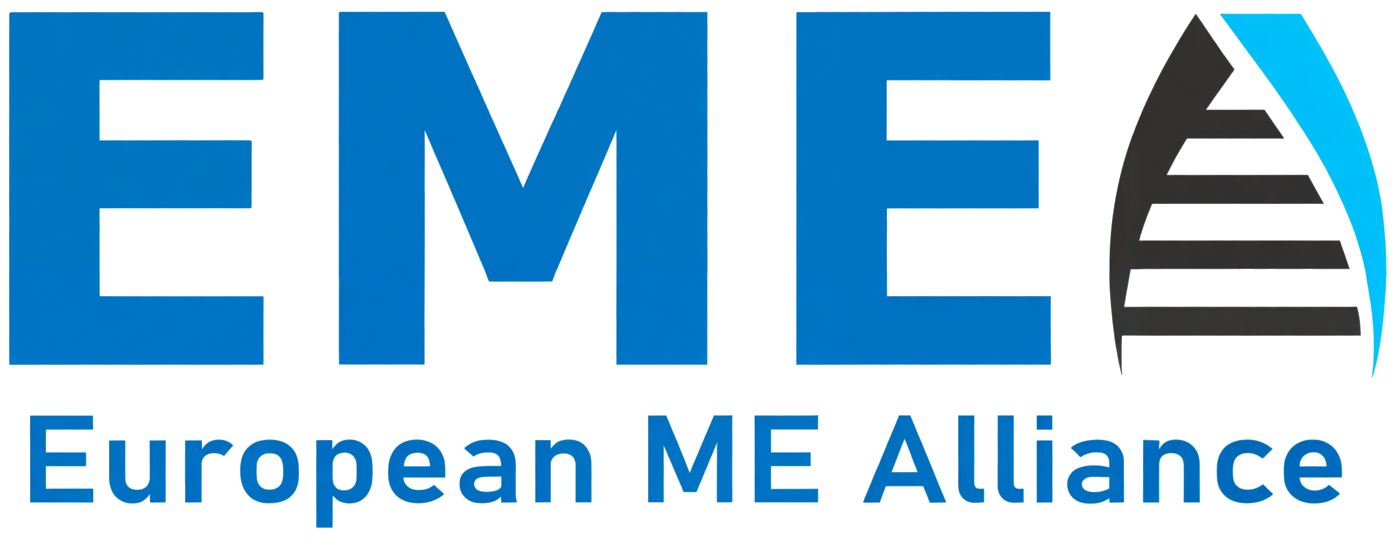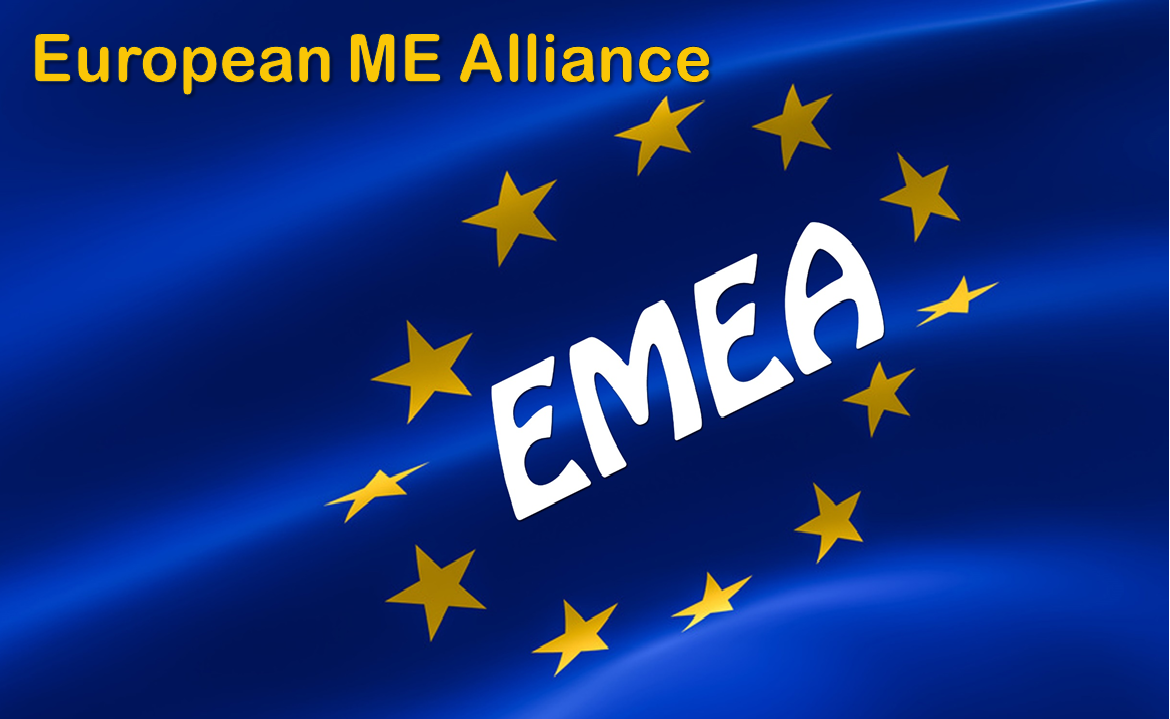What is Myalgic Encephalomyelitis
The way that ME is treated in different countries in Europe currently varies.
In the drop-down sections to below an explanation and further details are given for each EMEA member in the native language, with links for further information.
Estimated population of Croatia for 2020 is 4 058 000. With an estimate of 0,004 of population, there is a prevalence of ME of up to 16 000. Sincerely, I don’t know where are all those people. Probably in psychiatric ward. The non-existence of patient organisations, studies and specialists in Eastern European countries reinforces the false idea that ME is less prevalent or even better managed by the healthcare systems there. Which is far from the truth. As most doctors do not consider ME to be a diagnosis then ME is treated as though every patient had their own special, unknown disease. And this is why Eastern European countries doctors or MEPs may think their country does better in treating patients with ME, because they treat patients as individuals. In reality it means they can dismiss the existence of ME by stating that every patient with ME has a different disease (often it is a comorbidity or a psychiatric label) and therefore uncurable patients with ME are considered extremely rare.” This is thr situation with ME in Croatia. The healthcare system and doctors do not believe that there is a systemic problem with ME and that is the reason why there is no need for them to solve it systemically.
Czech Republic Pending
Official view is that ME is a form of somatoform illness rom the official web-site for the Danish Health Authorities: "Fatigue is a very frequent symptom, but most people recover without treatment"; "Chronic fatigue syndrome is associated with previous psychiatric disorders"; During treatment: "psychological treatment that focuses on the patient's thoughts on the condition".
CFS/ME is classified as a psychiatric disorder by most of the doctors and they tend to treat it with antidepressants and graded exercise therapy (GET) which are potentially very harmful to patients and may permanently worsen their condition. Fortunately for the patients even these harmful therapies seem unavailable as there are no experts to even carry out GET-therapy. Patients are totally left without any care.
Officially recognised by government. The Health Service Executive has removed the webpage on (CFS) ME and are awaiting NICE updated guidelines.
It has been recognised since 1995 (Rigstrygdverket). Very variable between regions and even across time. Person-dependant. National Centre for CFSME (not a large unit- about 2 people) have guidelines that are fairly “neutral”, in practice. However, they advocate a bio-psycho-social (BPS) model. In practice: A biological trigger with psychosomatical reasons sustaining the condition.
To be added
To be added
There is a great lack of knowledge in Public/National Health Care.
Varying. Recognized fairly well by GPs in primary care in the Stockholm area and by single doctors in other areas.
Unrecognized in many parts of Sweden.
Recognized by the National Board of Health and Welfare and the Ministry of Health and Social Affairs.
But not enough to propose guidelines for Healthcare and the National Health Insurance Agency.
Officially recognised by government Discredited as organic disease by Science Media Centre and media affiliates/friends. Powerful psychiatrist-lobby (BPS) influences in establishment Being pushed into MUS.


